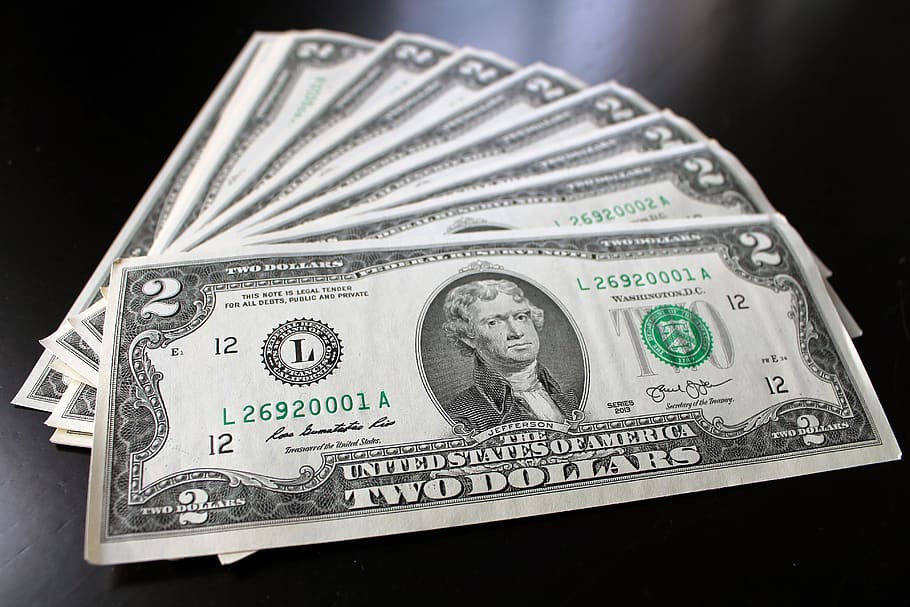Get your finances so that they will definitely give you peace of mind and even though it might need a little effort, it will be worth it. His job may look very stressed, but the results will definitely bring a feeling that feels, knowing that you have all your finances organized.
8 Top Money Management Tips:
1. Beware of your income. Understand how much money you will bring home every week or month after the deduction has been done. After you know how much money you carry, you will know how much you can spend.
2. Make a budget. To manage your money properly, the budget is needed. Create a budget planner and stick to it! There are good budgeting software available that will map your cash flow to help you live in your means.
3. Handle every debt you might have. These days, indebted has become a heavy way of life and dependence on credit cards can be a disaster. If you owe money on several cards / accounts, use the Snowball method to reduce debt by paying off the smallest balance first while at the same time pay a minimum debt. After you pay off a smaller debt, continue to the smallest debt and pay it with once again pay a minimum at other debt. Before you realize it, you will pay off a bigger debt and get your finances back to the track. At the same time, avoid placing a credit card in your wallet / wallet so you are not tempted to use it!
4. Chase your bill. If you find you are behind on your bill, make a list of extraordinary people and plan how you will pay it. Your mortgage and rental bills must always be prioritized, followed by utility bills. Set other extraordinary bills in the order of interest rates or numbers. Many companies owe money to gladly arrange payment plans if you contact them, so communication is important. Find out how much money you need to bring your bills until now, and adjust your expenses according to cutting costs that are not necessary, for example eating outside, go to the cinema.
5. If you need to collect more money to clean the debt, consider taking part-time weekend work or selling some of your treasures that you don’t need anymore in e-bay.
6. Before spending money for something, ask yourself “Do I really need it?” Just buy the necessary items that allow your budget, and save for luxury items such as holidays.
7. Try to save and invest for the future. Do research on the best way to invest your money and what will work for you.
8. Prepare emergency funds for unexpected expenditures such as vehicle repairs, medical costs, etc. It would be better to put it in an account that provides high interest rates, but remember you need to access it quickly in an emergency.

